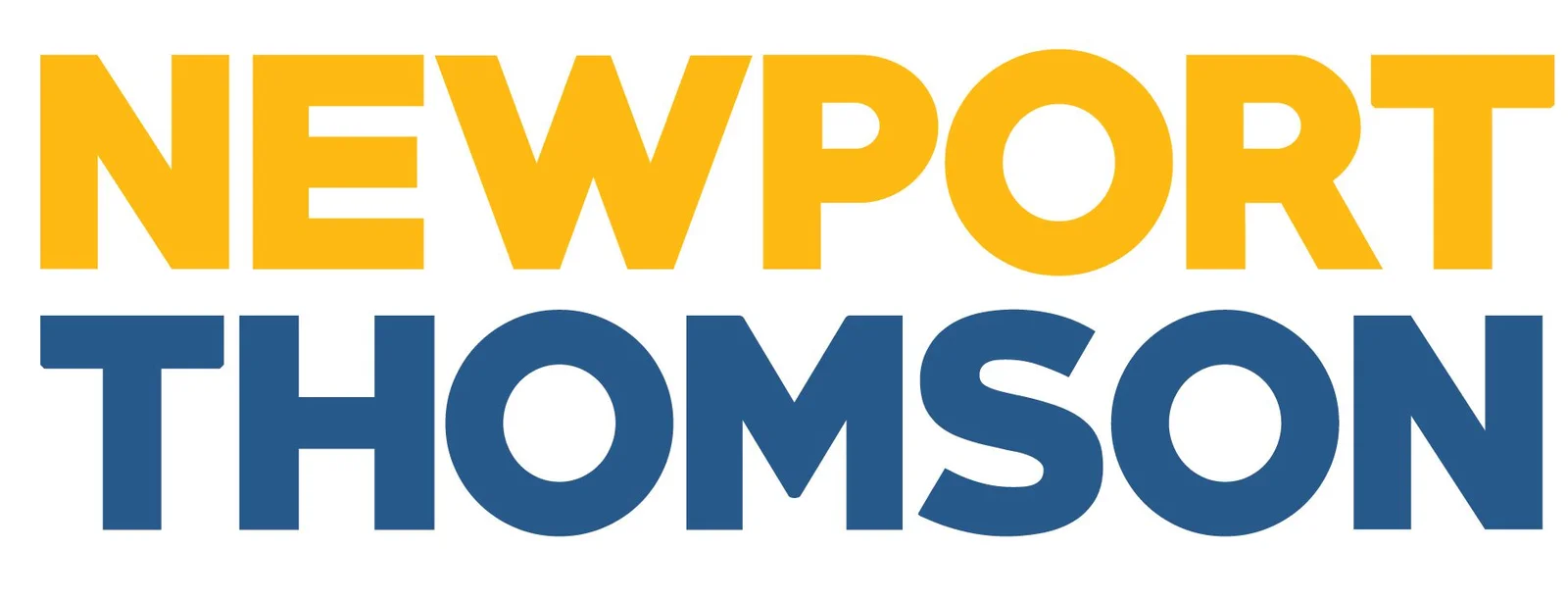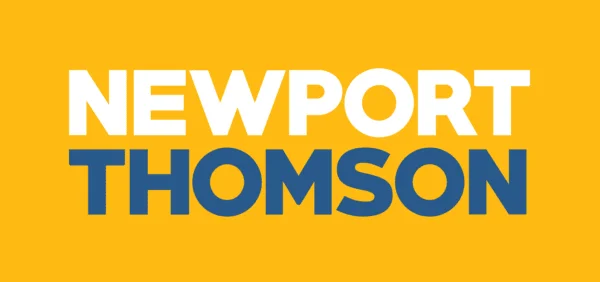Privacy Impact Assessments for Canadian Businesses: A Comprehensive Overview
Definition and Purpose
A Privacy Impact Assessment (PIA) is a proactive process used to evaluate how changes to an organization’s operations may affect the collection, use, storage, sharing, and deletion of personal information. PIAs help businesses identify potential privacy risks early, ensuring compliance with relevant laws while safeguarding sensitive data. By conducting PIAs, organizations can implement necessary safeguards, maintain public trust, and demonstrate accountability before launching new initiatives.
Legal Framework
Canada’s privacy legislation operates at both federal and provincial levels. The Personal Information Protection and Electronic Documents Act (PIPEDA) sets national standards for privacy practices in the private sector, applying to all businesses handling personal information that crosses provincial or national borders. Alberta, British Columbia, and Quebec have their own private-sector privacy laws deemed substantially similar to PIPEDA, meaning the provincial law often applies instead of federal law for activities within those provinces.
While regular PIAs are required by the Canadian government per PIPEDA’s legislative rules, there is no single exact process that all organizations must follow. However, the Office of the Privacy Commissioner of Canada (OPC) has created detailed guidance outlining their suggested PIA process, and PIAs must be submitted to both the Treasury Board Secretariat and the OPC.
Conducting a PIA
The PIA process requires businesses to document comprehensively: the nature and type of personal information collected; the sources and purposes of collection; information flows; retention periods; security measures; access logging functionality; privacy risks and mitigation strategies; and administrative, technical, and physical safeguards. Organizations should conduct PIAs whenever introducing new systems, technologies, or processes that touch personally identifiable information.
Best Practices
Organizations should appoint a designated privacy official with senior management support and authority to intervene on privacy issues, conduct privacy impact assessments and threat analyses, develop breach management protocols, and implement appropriate privacy training for employees. A Subject Matter Expert is required to ensure the right questions are asked and compliance is achieved. Documentation should be thorough, with findings shared across relevant departments including IT, compliance, and legal teams.
Business Benefits
Beyond mere compliance, PIAs strengthen data protection policies, reduce the likelihood of security breaches or regulatory penalties, and foster customer trust. A well-executed PIA not only helps mitigate risks but also strengthens data protection policies and practices, enhancing overall data management processes and demonstrating organizational commitment to privacy protection.
Common Challenges
Businesses often struggle with determining when PIAs are required, understanding which provincial or federal law applies, navigating complex multi-jurisdictional requirements, and allocating adequate resources for comprehensive assessments. Solutions include consulting with privacy experts, using the OPC’s self-assessment tools as supplementary guidance, engaging stakeholders early, and establishing clear internal protocols for privacy impact assessment triggers.


